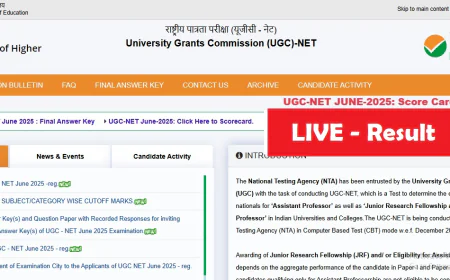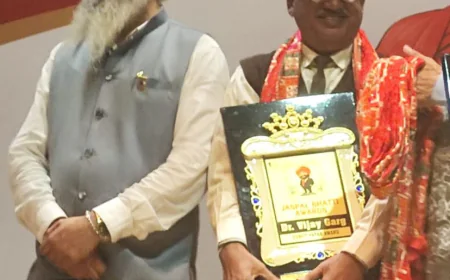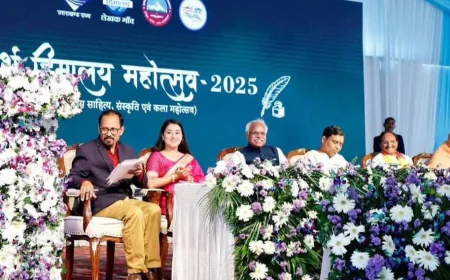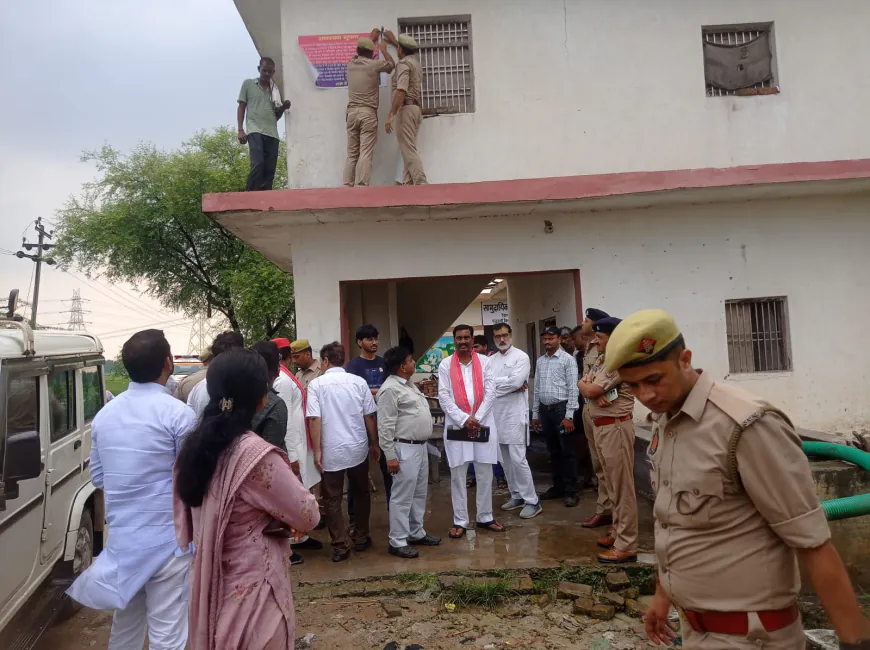Greenwashing: Pretending to Care While Burning the Planet

Greenwashing: Pretending to Care While Burning the Planet
(planting a tree feels like the ultimate act of environmental virtue)
Climate change is no longer a distant forecast; it has started showing up in ways we can all feel. The summers are harsher, the winters less predictable, and natural disasters more frequent. Concerned by this, many people are trying to do their bit: planting trees, wearing old clothes to reduce waste, and even deleting old emails in the hope of saving energy. These days, it’s not uncommon to hear someone say they’ve gone meatless on Mondays as just a little step to help the planet. People post about it, talk about it, and feel a quiet sense of doing the right thing. But if we pause for a moment, a gentle question begins to surface: Is this truly helping the Earth, or is it mostly helping us feel better about ourselves? Today, we even have a term for this growing tendency to appear ecologically virtuous while doing little to meaningfully help the planet.
It is called greenwashing. The Truth of Greenwashing To understand greenwashing, consider the word itself. Like whitewashing, which covers stains without cleaning them, or brainwashing, which replaces reality with illusion, greenwashing is when something is made to look eco-friendly, even though it brings little or no real benefit to the environment. This happens because for decades, we’ve been told the environment is in danger. The message has reached homes, schools, and even children’s textbooks. So it’s no surprise that people, and even companies, feel a quiet pressure to look like they care about the planet, whether they truly do or not. They perform small, symbolic acts and present them as proof of their concern. But when such acts are hollow, the intent becomes performance, not a solution. Take the label “CFC-free” printed on products today. CFCs, once harmful to the ozone layer, were banned decades ago. Highlighting their absence now is not innovation; it’s compliance. Yet, it’s paraded as eco-consciousness. Or consider meat wrapped in paper instead of plastic and branded “eco-friendly.” The packaging may have changed, but the meat remains one of the most environmentally damaging products.
A minor tweak, and the product is passed off as sustainable. Some companies even promote their office waste recycling, while their core operations continue to harm the planet on a large scale. These aren’t real solutions; they’re more like ways to look responsible without actually changing much. The Eco Illusion of Trees For many, planting a tree feels like the ultimate act of environmental virtue. But how much does it really change? Let’s say the tree survives, grows strong, and lives a full life, 20 years or more. Over that time, it may absorb around 400 kilograms of carbon dioxide. Sounds impressive, until you consider that the average middle-class Indian emits 5,000 kilograms of carbon dioxide each year. In the same two decades, that’s 100,000 kilograms. Even planting a hundred trees doesn’t offset the scale, not when our daily lives are powered by the very systems that destroy the forests we’re trying to replace. And many of these planted trees need artificial irrigation, which in turn produces more emissions. So while we nurse our saplings, vast self-sustaining forests rich in biodiversity and climate stability are cut down. We don’t need to cut trees ourselves; our way of living ensures it happens. Every child born needs food, shelter, and clothes, demanding more farmland. Farmlands eventually come from forests. As incomes rise, so does consumption, especially of meat. Few realise that nearly 70 per cent of grain in the world is grown to feed animals raised for slaughter. And more forests are cleared to grow that grain. You can’t live a life built on the extraction of massive resources and cancel it out with a sapling. Doing Less Is the Most We Can Do If it’s our way of living that fuels the destruction, then perhaps the most urgent step is not to do more, but to stop living the way we do. To not add new solutions, but to withdraw. Even science points us in this direction. In thermodynamics, there is a principle called entropy, which tells us that disorder in any system tends to increase. We pollute when we act, and we pollute again when we try to undo that act.
So, the only real solution is to step back and allow nature to breathe again. Where do We Need to Pause? To understand why we must stop, we need to see the crisis for what it really is: a life driven by endless production and unchecked population growth. These aren’t abstract ideas; they directly fuel rising carbon levels. The more we produce and consume, the greater the damage. Yet, we continue to glorify excess. A household with ten children and rising wealth is seen as “blessed,” though it burdens an already stretched planet. And those who profit from overproduction are the ones shaping our desires. They own the media and the billboards. First, they sell us a dream. Then, they sell us the product to chase it. We hand over not just money but our minds. Turning Back Before It’s Too Late As the saints have long said, you can’t sow the seeds of a thorn tree and expect sweet fruit. This crisis, too, is the result of what we’ve long chosen to admire, follow, and celebrate: the ones who consume the most. As long as we mistake wealth for wisdom and excess for success, the Earth will keep paying the price. Most of us may not be the biggest emitters, but we’ve allowed those who are to shape our aspirations. We didn’t just buy their products, we bought into their way of life. That quiet surrender is our real crime. Unless we stop idolising them, unless we step out of the stories they’ve sold us, our small green acts will keep feeling noble while meaning little. The Earth doesn’t need another planted tree or paper straw; it needs us to pause and ask: Am I truly awake to how I live, or just comforted by choices that seem right but cause harm? Vijay Garg Retired Principal Educational columnist Eminent Educationist street kour Chand MHR Malout Punjab










































